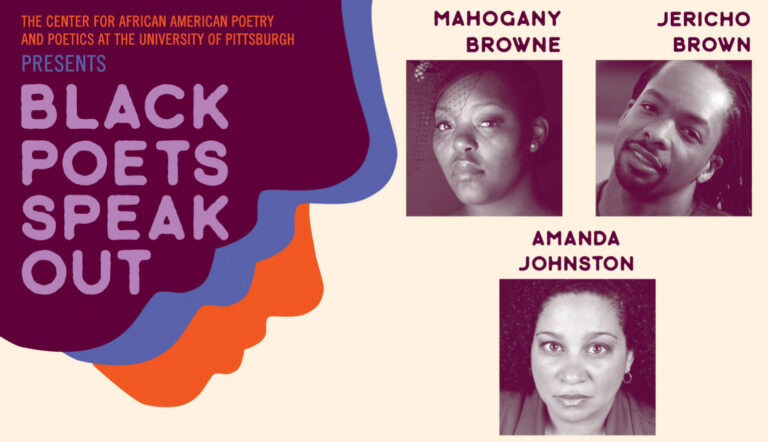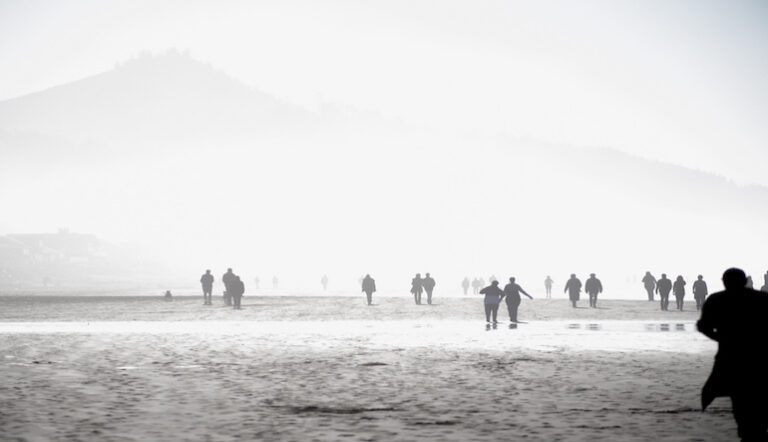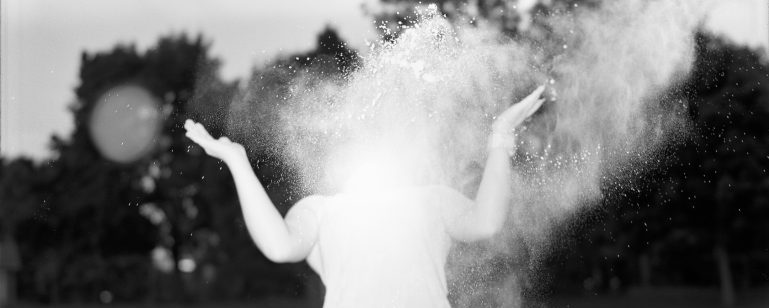The End
My Twitter timeline is big on one meme these days: me then, me now. Sometimes it’s “me in 2006, me in 2016,” but mostly it’s “me at the beginning of 2016, me at the end.”

My Twitter timeline is big on one meme these days: me then, me now. Sometimes it’s “me in 2006, me in 2016,” but mostly it’s “me at the beginning of 2016, me at the end.”

Last Thursday, I had the opportunity to crawl out of said couch and attend a poetry reading organized by Black Poets Speak Out. The event featured three co-founders–Amanda Johnston, Mahogany L. Browne, and Jericho Brown–interspersed with selections from the project’s video archive of Black poets reading into webcams.

A girl who saves the world: isn’t this key to what draws us in droves to post-apocalyptic, dystopian, and otherwise speculative fictions? That they’re often only accounts of ruin on the surface; beyond that, and in the vein of what makes them utterly necessary, they’re stories of survival and heroism that arguably aren’t told otherwise.

In the 12-episode series of her podcast You Must Remember This titled “Charles Manson’s Hollywood,” Karina Longworth takes listeners from Manson’s early delinquency, through his aspirational move to L.A. and subsequent occupation of abandoned movie set Spahn Ranch, to the details and aftermath of the murders for which he’s known.

What happens when you read to manifest, rather than escape, your preoccupations?

As is true for many grad students, the scope of my reading practice has contracted, to varying degrees, around my chosen field. Particularly when I was taking courses, film theory and criticism necessarily comprised the bulk of my reading.

Like any literary form or rule, the poetry reading raises questions regarding subjectivity and context: whose conventions are these, what do they enable, and how do they suit the projects at hand?

There’s something happening with the personal in writing, and Jason Guriel’s highly circulated Walrus essay “I Don’t Care About Your Life” wants to warn us about it. “I Don’t Care About Your Life” isn’t as polemical as it sounds. For one, its title doesn’t so much reveal Guriel’s hand, as lampoon precisely the under-achieving self-referential…

I love when people ask my friend Jenny and I how we know each other, because long before we co-taught a queer theory elective and drove cross-country and made parallel moves to Pittsburgh, she was one of my first writing teachers. It was in her Xeroxed handout of eclectic love poems that I first read…
No products in the cart.